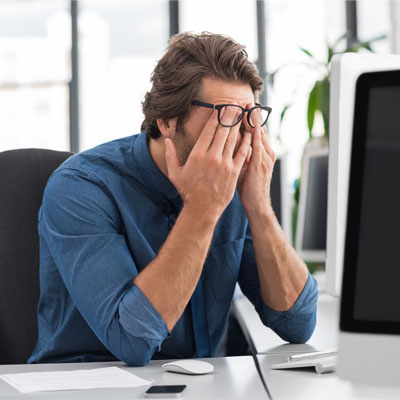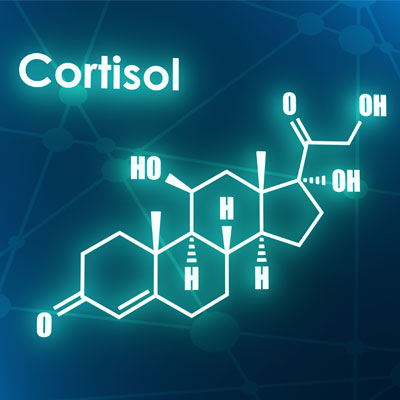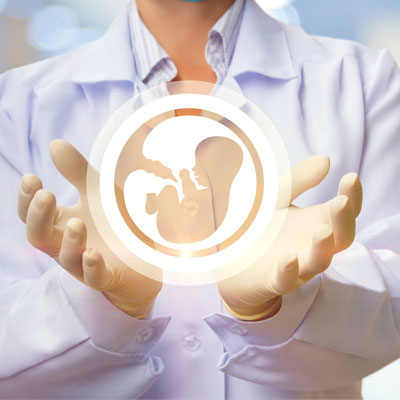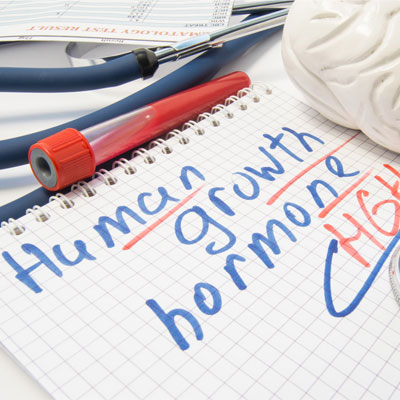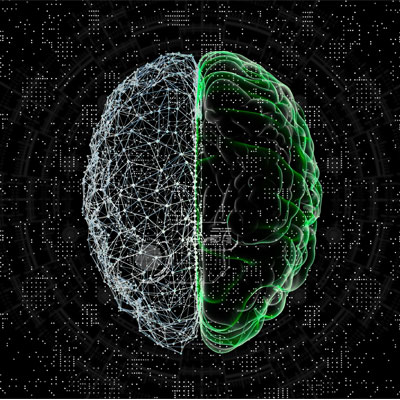Contents
There is no doubt that life today is more stressful than it was 25, 50, or even 100 years ago. Many people deal with anxiety in the workplace, at home, and with aging relatives. There is climate change, toxic chemicals in our food supply, and fears over nuclear war.
Add to that changing hormone levels as we age, and you have a situation that can rapidly get out of hand. That is why it is imperative that you understand the connection between low HGH and anxiety. Growth hormone deficiency is a cause of many emotional and physical changes in adults over thirty.
Although you may think that you are dealing with everything in your life just fine, it may be time to examine your health – both physical and emotional. You may be surprised to learn how low HGH levels may be causing your anxiety, stress, and depression.
How well do you sleep at night?
If you have insomnia, toss and turn a lot, wake frequently during the night, or get less than seven hours of quality sleep you may not be getting optimal levels of sleep.
Do you have any chronic or concerning medical conditions or health issues?
Growth hormone deficiency in adults can contribute to any of the following stressful health situations:
- Type 2 diabetes (13.4% increase in prevalence from those without adult growth hormone deficiency)
- Osteoporosis
- Trusted sourceGrowth Hormone and Cardiovascular Risk FactorsThe Journal Of Clinical Endocrinology & MetabolismGo to sourceCardiovascular disease
- Dementia
- High blood pressure and/or cholesterol levels
- Obesity
Do you ever feel depressed?
Low growth hormone levels often lead to depression in two distinct ways:
directly through the effects of HGH on the brain
indirectly due to the other symptoms of HGH decline
There is a powerful connection between low levels of HGH, depression, anxiety, and stress in adults over thirty.
How Does Low HGH Lead to Anxiety and Stress?
Human growth hormone is one of the body’s most potent hormones. HGH produced by the Trusted sourceSomatotropic CellScience DirectGo to sourcesomatotropic cells in the anterior pituitary gland. Receptors for HGH can be found throughout the brain and body. These receptors await a supply of HGH every three to five hours and respond by stimulating a variety of functions, including:
- Metabolism
- Cognitive processing
- Immunity
- Cellular regeneration
- Emotional balance
- Libido/sexual support
When the brain’s receptor cells do not receive enough HGH, anxiety, stress, depression, and irritability often occur. Human growth hormone signals to the brain help maintain emotional balance and well-being.
People who are HGH deficient are often tired from lack of sleep. A poorly functioning metabolism does not provide enough energy to the body’s cells. Instead, the food consumed turns into stored fat. Weight gain is likely.
HGH has many natural functions, and one of them is to suppress the Trusted sourceGhrelin fluctuation, what determines its production?Oxford AcademicGo to sourceproduction of ghrelin , a hormone associated with hunger. When hGH levels are low, then ghrelin production is no longer inhibited, and the levels in your bloodstream increase Ghrelin tells the brain you need food for additional energy. In turn, you overeat and cause further fat storage.
Another part of the connection between cortisol, low HGH, and anxiety is that cortisol keeps you on high alert at night. Instead of being able to unwind and get to sleep, cortisol keeps you awake and alert. That decreases the crucial nighttime secretions of HGH and other vital hormones. The lower you HGH levels get, the more cortisol you will have in your bloodstream.
HGH deficiency causes higher cortisol because hGH is no longer suppressing cortisol.
Are You Ready to Reverse Low HGH and Anxiety?
According to Trusted sourceAdult Growth Hormone DeficiencyUS National Library of Medecine National Institutes of HealthGo to sourceresearch from 2014 , an estimated 50,000 adults in the US may be growth hormone deficient. You may be able to blame GHD for your memory loss, impaired concentration, reduced quality of life, and poor body image. Adult growth hormone deficiency often leads to depression, social isolation, and anxiety. Respondents in this study also reported mood swings, irritability, fatigue, low energy, resentment, anger, relationship tension, and frustration.
Dealing with low HGH and anxiety does not get any better without action. If you do not find a way to increase your human growth hormone levels, the situation will only worsen over time.
Other studies from 2015 and 2006 respectively back up the impact of low HGH on anxiety, depression, and emotional well-being.
How did the participants in the first study mentioned here do with HGH therapy?
Results from HGH treatment reported by the participants included:
- Improved self-image
- Weight loss
- More energy
- Increased exercise motivation
- Fewer emotional swings
- Reduced depression
- Better able to cope with stress and anxiety
- More socially active
- Improved sleep
Research shows that adults who receive HGH therapy have less anxiety, stress, and depression. They report improved energy, mood, self-image, and quality of life.
How Can You Put an End to Low HGH and Anxiety?
Your first thought may be to contact your family physician and ask for a prescription for HGH therapy. You will more than likely be turned down for your request. Human growth hormone treatment is something you need to get from a hormone specialist. Doctors who specialize in hormone balancing understand the workings of the endocrine system. Since one hormone can impact many others, it is essential to have an expert in the field test you for growth hormone deficiency.
You can put an end to low HGH and anxiety by receiving human growth hormone therapy if blood tests show you to be deficient. In addition to the blood testing, you will also undergo a physical examination. We have also simplified the diagnostic process by placing our health assessment questionnaire right here on the website. As soon as you complete it, the form will be securely electronically transmitted to our clinic.
Do not let growth hormone deficiency stand in the way of the life you want to live. It is time to put an end to low HGH and anxiety once and for all. Call today for your confidential, no charge consultation.
- İsmail Akaltun, MD, Atilla Çayır, Tayfun Kara, MD, Hamza Ayaydın
- Brian Stabler, PhD
- Dr. Kerry Hull, Steve Harvey, PhD, DSc
- James L. Abelson, MD, PhD; Debra Glitz, MD; Oliver G. Cameron, MD, PhD; Myung A. Lee, MD; Michael Bronzo, MD; George C. Curtis, MD
- Arlin Cuncic, Medically reviewed by Steven Gans, MD
Is growth hormone deficiency associated with anxiety disorder and depressive symptoms in children and adolescents?: A case-control study
Impact of growth hormone (GH) therapy on quality of life along the lifespan of GH-treated patients
Growth hormone therapy and Quality of Life: possibilities, pitfalls and mechanisms
Blunted Growth Hormone Response to Clonidine in Patients With Generalized Anxiety Disorder
How Hormones Play a Role in Social Anxiety

